During times of adversity there are often things out of our control. It’s OK to feel worried, uneasy or angry when times are tough but it’s important to take care of your mental health and wellbeing and to seek help if you need it. Maintaining positive mental health can play an important role in individual, business and community resilience and recovery, so it’s important to look after your social and mental wellbeing.
Tips for looking after yourself and others
Doing things every day to take care of yourself is important. It will help you to deal with stress, make clear decisions and support loved ones. It’s important to:
- Maintain social networks and speak openly with friends and family
about what you’re going through. - Maintain routines with good diet, exercise, quality sleep and sufficient
rest. - Have down time to remove yourself from the stresses of the farm.
- Focus on the things you can control.
- Seek information from reliable sources to ensure you’re well informed.
- Remember that challenging times will pass.
- Get help early. It can make a difference to how you feel in the long
run.
Signs that someone might be struggling
When someone is under prolonged stress, they may have difficulty making decisions regarding their finances, production or relationships. If you or someone you know is showing signs of being stressed or not coping, it’s important to talk about it and
seek or offer help as soon as possible.
Common signs of stress or emerging mental illness include:
- Changes in mood such as anger, irritability, low mood, or excessive worry
- Loss of concentration or interest in usual activities
- Physical health concerns such as low energy, aches, and pains
- Relationship issues
- Changed sleeping or eating habits
- Increased use or reliance on alcohol or drugs to cope
Trust your instinct. If someone doesn’t seem their best self, check in with them.
More from the Rural Adversity Mental Health Program
Worried about someone?
Start a conversation with them in a comfortable place and talk about what you have noticed and why you are concerned.
You don’t need to fix their problems; you’re there to listen to their concerns and reassure them help is available.
It’s important to follow up and maintain connection with the person. This may include continuing to check in and encouraging them to seek help, helping them to find appropriate services, or checking in with how they went in seeking help.
If you’re providing help to someone, it’s also important to acknowledge how you are feeling and to seek support if you need it.
Tips for decision-making
We make hundreds of decisions each day. Sometimes, we have to make tough decisions under pressure, which can be stressful. There are things we can do to reduce stress and help us make decisions.
Describe and prioritise: Think about the decision and how important it is. Spend more time making the important decisions and less time on others. If you are feeling overwhelmed by a decision, try breaking it down into smaller parts. You might find it easier to make a series of small decisions.
Know your timeframe: Think about how much time you have to make the decision and what information you need. Remember, delaying or avoiding a decision is choosing not to act.
Ask others for advice: It can be helpful to talk about your options with family and friends or a professional. They may have a different perspective or information and knowledge to assist you.
Consider your options: Think about the options and the benefits and results of each.
Take action and evaluate: It’s important to evaluate the decision implemented and to be flexible if things change. It can help to monitor the situation and to reassess as circumstances change. Don’t be too hard on yourself, sometimes our original decision might not end up being the best outcome, but was the best at the time.
Increase your capacity for decision making: Managing stress and looking after our health can help us make better decisions. Getting enough sleep, having a healthy lifestyle, socialising and taking time out to do things you enjoy can help you think better.
If you’re having trouble making decisions and find that it’s affecting your day-to-day life, it might be time to talk to a mental health professional. They can help you with more strategies.
More from the Rural Adversity Mental Health Program
Find your local Rural Adversity Mental Health Program (RAMHP) Coordinator
Wellbeing Services
Rural Adversity Mental Health Program (RAMHP)
RAMHP has a specific focus of supporting people and communities who depend on primary production and agriculture, alongside other priority populations at greater risk of mental ill health.
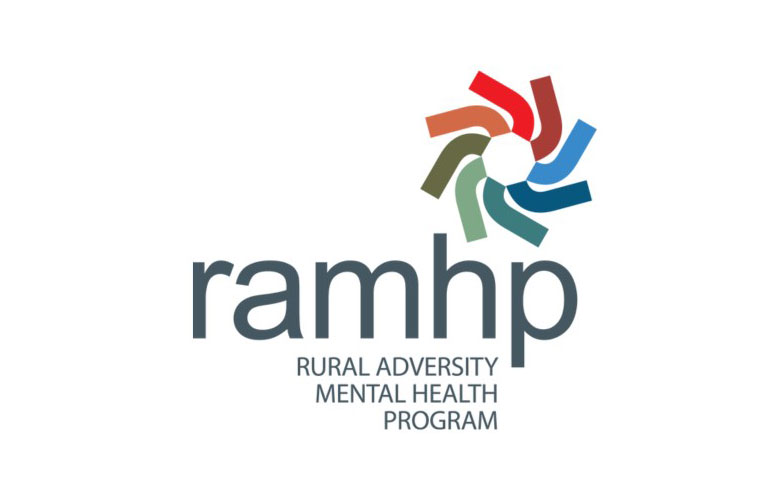
Rural Financial Counselling Service (RFCS) - Central & Southern NSW
RFCS support primary producers and small businesses in finding financial stability and security, by providing confidential and professional advice on a range of issues.
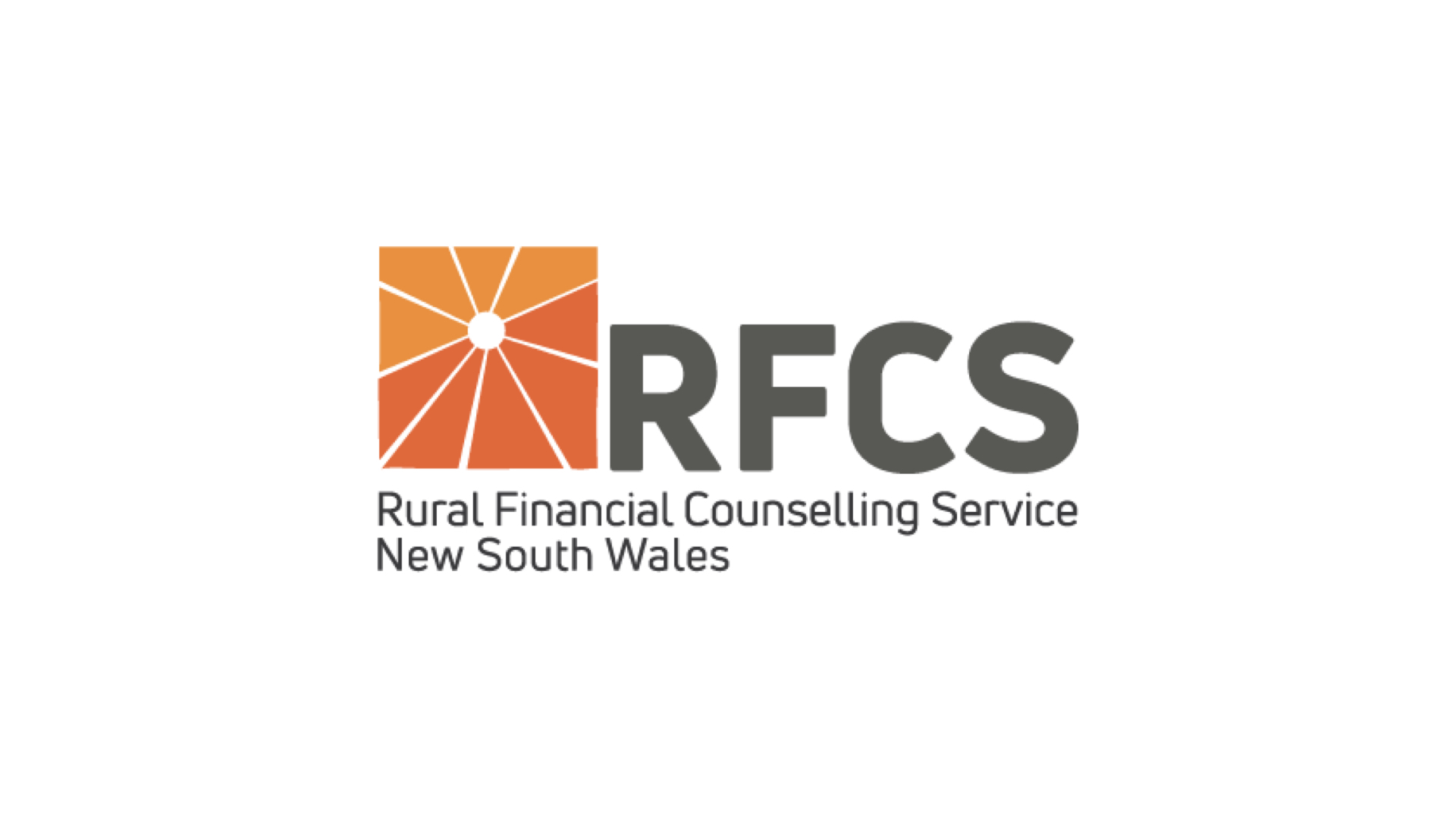
Rural Financial Counselling Service (RFCS) - Northern Region
RFCS support primary producers and small businesses in finding financial stability and security, by providing confidential and professional advice on a range of issues.
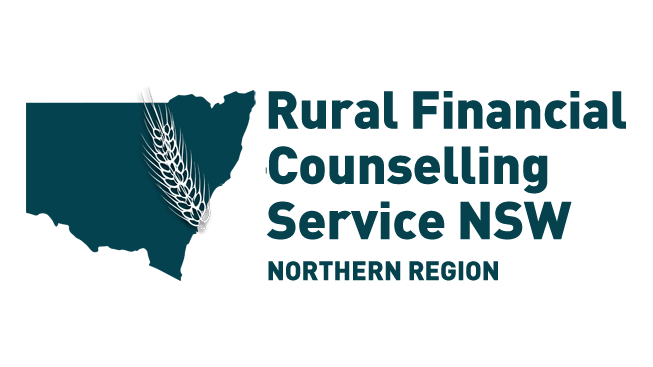
Rural Agribusiness Wellbeing Plan
This wellbeing plan can help you maintain your mental health and manage the day-to-day stress of your work, as well as challenging times like your busy seasons or adverse events like droughts, bushfires or floods.
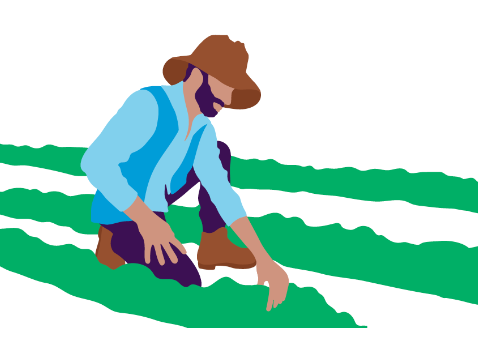
ifarmwell
ifarmwell is a free online tool kit to help farmers cope effectively with life’s challenges and get the most out of every day, regardless of the circumstances they face.
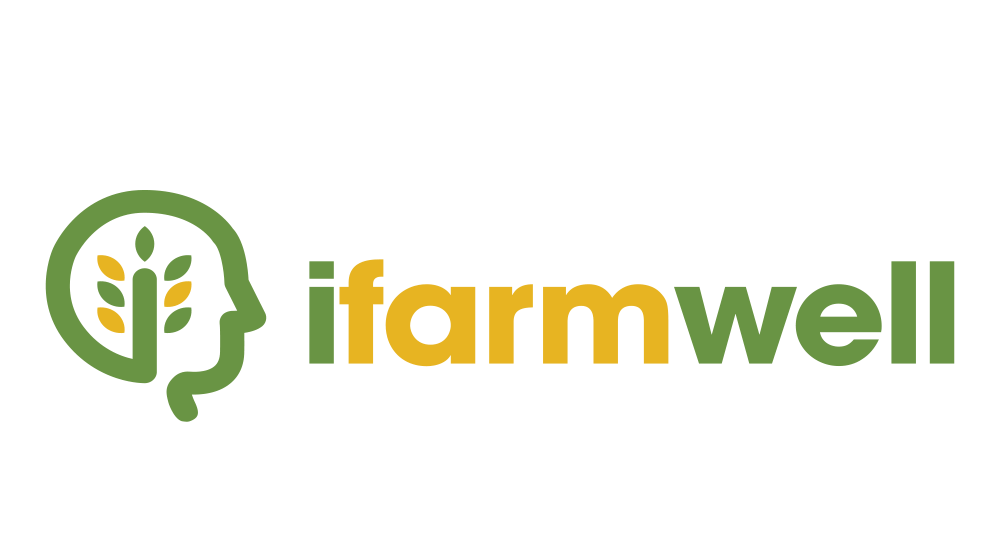
Active Farmers
Active Farmers, a registered Not For Profit Organisation and Health Promotion Charity, brings together farmers and other locals in small farming communities through regular group fitness in a fun and interactive environment.
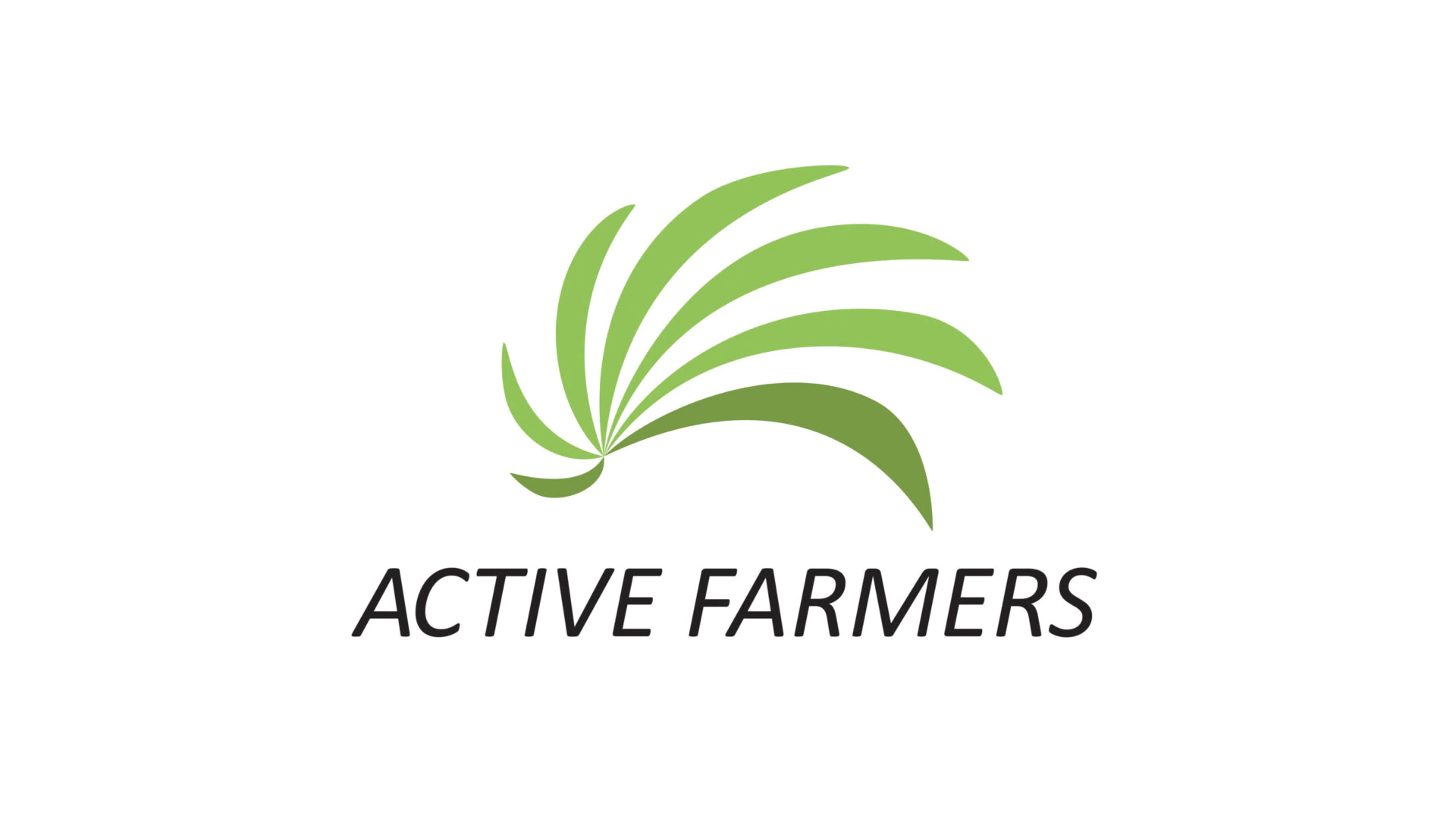
Telephone Services
Support Services
Alcohol Drug Information Service
Phone: 1800 250 015
The Alcohol Drug Information Service is a confidential and anonymous information, counselling, advice and referral service. Available 24/7, the service provides information such as safer injecting advice, parent advice and information on detoxification.
Carer Gateway
Phone: 1800 422 737
This telephone support, information, counselling and referral service is available from 8.30am to 4.30pm weekdays. The service is staffed by experienced carer support officers and is available to carers, service providers and community members
CROP Rural Outreach Program
Phone: 1300 688 732
This is a free ongoing telephone or skype counselling program supporting rural communities. It is available to anyone over 18. Email (regional@capa.asn.au) or call between 9am-5pm and the CROP coordinator will set up a convenient time with an accredited counsellor.
NSW Health Support Line
NSW Mental Health Line Phone: 1800 011 511
Provides stress and counselling services to assist individuals and families with the reality of natural disasters.
Parentline
Phone: 1300 1300 52 (NSW)
Parentline is a 24/7 confidential telephone counselling and support service for parents and carers of children. Parentline aims to nurture and support positive, caring relationships between parents, children, teenagers and other people important to the wellbeing of families.
Mental Health Services
BeyondBlue Support Service
Phone: 1300 224 636
The Beyondblue Support Service offers 24/7 confidential telephone support, counselling and referrals from trained mental health professionals. All calls and chats are one-on-one and are completely confidential.
Centacare: Child, Adolescent & Family Counselling
Phone: 1800 372 826
Provides family therapy and child, adolescent, marriage, separation and bereavement and individual counselling. The service also runs a range of programs including: Parenting Skills; Seasons for Growth (support for children who have suffered a significant loss in their lives through death or divorce); In-service Educational and Preventative workshops (with parents, teachers and others where appropriate, on various topics including behaviour management, living with ADHD, bullying, stress management etc); and Harnessing Widsom (a self-esteem and communication program).
Kids Helpline
Phone: 1800 551 800
The Kids Helpline is a 24/7 confidential support and counselling service specifically for kids aged 5 to 25 years. Kids can contact the service about a wide range of issues, from everyday issues such as family, friends or school, to more serious issues such as abuse, mental illness, drug and alcohol use, homelessness and suicide. Counselling can be provided online or over the telephone.
Lifeline
Phone: 13 11 14
Anyone across Australia experiencing a personal crisis or thinking about suicide can contact Lifeline's confidential crisis support service. Trained volunteers are available 24/7 to listen and provide support and referrals.
Lifeline's Just Ask
Phone: 13 11 14
Text: 0447 131 114
Information and referral for people with mental health difficulties or friends, relatives, professionals, carers and others who look after people with mental health difficulties.
Mental Health Line
Phone: 1800 011 511
The Mental Health Line is a 24/7 service operating across NSW which is staffed by mental health clinicians. Anyone, including carers or family members, can call the line to be directed to the most appropriate care. The mental health professionals operating the line will assess the urgency of the call and make recommendations for follow-up treatment.
Parentline
Phone: 1300 1300 52 (NSW)
Parentline is a 24/7 confidential telephone counselling and support service for parents and carers of children. Parentline aims to nurture and support positive, caring relationships between parents, children, teenagers and other people important to the wellbeing of families.
Suicide Call Back Service
Phone: 1300 659 467
This 24/7 service provides counselling, information and referrals to people at risk of suicide, carers of suicidal people and those bereaved by suicide. Staffed by professional counsellors with specialist skills in working with suicide-related issues, the service can provide ongoing counselling or referrals to appropriate services.
Community Legal Services
Community Legal Service
- Legal advice - Phone: 1800 655 927
Provides free legal advice on a wide range of issues and also offers free financial counselling. The service is available Monday to Friday from 9am to 1pm and 2pm to 4pm.
Family Relationship Advice Hotline
Phone: 1800 050 321
Provides a free telephone service for people experiencing family and relationship problems. Available Monday to Friday 8am to 8pm.
Womens Support
Women's Information & Referral Service
Phone: 1300 888 529
A free and confidential telephone service for women in NSW. The WIRS can help you find information that you, your family or friends may need including information on many organisations and services available to women. The service operates Monday to Friday from 9am to 5pm.
Women's Legal Advice Line
Women's Legal Advice Line Phone: 1800 801 501
Domestic Violence Legal Advice Line: 1800 810 784
First Nation Women's Legal Advice Line: 1800 639 784
A community legal centre specialising in women's legal issues.
1800 RESPECT
Phone: 1800 737 732
1800 RESPECT provides sexual assault, family and domestic violence counselling by qualified, experienced professionals. The service is available 24/7, to anyone who has experienced, or is at risk of, physical or sexual violence.
Mens Support
Mensline
Phone: 1300 789 978
Mensline Australia is a 24/7 telephone and online support, information and referral service for men with family and relationship concerns. The service is staffed by professional counsellors, experienced in men's issues.
Interrelate Men's Service
Phone: 1300 473 528
Offers a new program to help farmers who are in the middle of battling with drought. Based in Dubbo, the service covers much of the Western Region and offers male specific counselling, children's contact centres and a range of other services.
Michael Parris
Men's Service Officer
Interrelate
Ph: 02 6881 8913
michael.p@interrelate.org.au
1800 RESPECT
Phone: 1800 737 732
1800 RESPECT provides sexual assault, family and domestic violence counselling by qualified, experienced professionals. The service is available 24/7, to anyone who has experienced, or is at risk of, physical or sexual violence.
Online services
Support Services
Australian Drug Foundation
Phone: 1300 858 584
Website: www.adf.org.au
The Australian Drug Foundation is one of Australia's leading bodies dedicated to preventing alcohol and other drug problems in communities across the nation. The foundation develops and distributes free and quality assured information on alcohol, other drugs and harm prevention through a range of programs, websites and services.
Carers NSW
Phone: 02 9280 4744
Website: www.carersnsw.org.au
This service provides practical information for carers, as well as information to help service providers better understand the needs and experiences of carers. The Carers NSW website contains an interactive program, provides information and insight into caring roles, and includes video interviews with carers. The resource also provides tips on how to navigate the mental health system, how to look after yourself and effective communication techniques.
Friendly Faces Helping Hands
Phone: 1800 014 234
Website: www.friendlyfaces.info
Links you to major hospitals and health facilities including support workers, social workers and counsellors and provides information on accommodation, parking, cheap eats, childcare and other facilities.
Kids Helpline
Phone: 1800 551 800
Website: www.kidshelp.com.au
The Kids Helpline website provides web and email counselling, in addition to their telephone support line. It is aimed at young people aged 5 to 25 years and provides an interactive space for kids to explore issues that are important to them. The site features downloadable screensavers and wallpapers, interactive games and activities, information on common concerns and problems for kids, as well as stories from kids who have experiences and overcome challenges in their lives.
Parent Line
Phone: 1300 1300 52 (NSW)
Website: www.parentline.org.au
Online Counselling is available to Parents, Carers and Professionals who are concerned about a child from 0-18 in New South Wales. They provide immediate professional support and strategies to help manage the tough situations families face no matter where in NSW you are located.
Reach Out Australia
Website: au.reachout.com
Reachout.com is a youth focused website providing help, information and support. The website has been created in collaboration with young people and experts, to ensure than the information is evidence based and relevant.
The Salvation Army
Phone: 1300 371 288
Website: www.salvos.org.au
The Salvation Army offers a wide range of humanitarian programs and services without discrimination. The website lists contact details for every Salvation Army social service and program in NSW, QLD and the ACT.
Mental Health
Black Dog Institute
Phone: 13 11 14
Website: www.blackdoginstitute.org.au
The Black Dog Institute website aims to lead you through the logical steps in seeking help for mood disorders, such as depression and bipolar disorder, and to provide you with information and explanations of different steps along the way.
The Black Dog Institute is a world leader in the diagnosis, treatment and prevention of mood disorders, and provides information for everyone, including health professionals. The website has a range of fact sheets and handouts available for download.
Counselling Online
Phone: 1800 422 599 (Regional) OR 02 9361 8000 (Metropolitan)
Website: www.counsellingonline.org.au
Counselling Online is a service where you can communicate with a professional counsellor about an alcohol or drug related concern, using text-interaction. The service is free for anyone seeking help with their own alcohol and drug use, or if you are concerned about a family member, relative or friend. Counselling Online is available 24 hours a day, 7 days a week, across Australia. The website also provides an online tool for self-assessment, should you feel you have a problem and don't know where to start.
Lifeline
Phone: 13 11 14
Website: www.lifeline.org.au
The Lifeline website provides online crisis support chat from 8pm to midnight, 7 days per week. The website also presents information and factsheets, real stories and self-help tools. Available information covers a wide range of topics including prevention, depression, domestic and family violence and avenues for getting help.
Life in Mind - Suicide Prevention in Australia
Phone: 13 11 14
Text: 0447 131 114
Website: www.lifeinmindaustralia.com.au
Life in Mind is a national suicide and self-harm prevention resource. Dedicated to providing the best available resources to guide activities aimed at reducing the rate of suicide in Australia.
Rural Adversity Mental Health Coordinator
RAMHP Coordinators work across all areas of regional, rural and remote NSW. RAMHP Coordinators have localised knowledge of services and supports in your area and can connect people to the most suitable care.
RAMHP Coordinators educate workplaces and community members on how to recognise someone experiencing a mental health concern and how to provide support, and also work with communities to raise awareness about staying mentally healthy and how to find help when it’s needed.
As RAMHP Coordinators are embedded in their communities, they are uniquely placed to work in partnership with local agencies to facilitate better mental health outcomes. Visit the RAMHP website to find your nearest RAMHP Coordinator.
SANE Australia
Phone: 1800 187 263
Website: www.sane.org
SANE Australia is a national charity working for a better life for people affected by mental illness – through campaigning, education and research. SANE's website provides factsheets, publications and videos regarding mental illness, treatments and support, for people living with a mental illness, carers, professionals and students. The organisation also provides an online helpline for more specific information and referral to support agencies.
Youth BeyondBlue
Phone: 1300 224 636
Website: www.youthbeyondblue.com
Youthbeyondblue focuses on young people aged 12 to 25 years. Youthbeyondblue programs and projects centre on early intervention and prevention of high prevalence mental health problems for young people, as well as raising community awareness. The website provides an opportunity for people to share their stories and gain support. A wide range of resources for young people, parents and families are also available online, and can be sent in hard copy where requested.
BeyondBlue: The National Depression Initiative
Phone: 1300 224 636
Website: www.beyondblue.org.au
BeyondBlue offers online counselling, support and referrals from 4pm to 10pm, 7 days a week, as well as a directory of e-mental health services and therapies, which can be found on their website.This Australian organisation provides information about depression to consumers, carers and health professionals.
One of the key roles of beyondblue is to produce and refer people to accurate, up-to-date, and easy to read information on depression, anxiety and related disorders. This includes information relating to depression, anxiety disorders, post-natal depression and bipolar disorder. They also provide information regarding diagnosis, treatment, recovery, and information specific to young people, men, family, friends and chronic physical illness.
Headspace
Website: headspace.org.au
Headspace is the National Youth Mental Health Foundation providing early intervention mental health services to 12-25 year olds.
The service is designed to make it easy as possible for a young person and their family to get the help they need for problems affecting their wellbeing. This covers four core areas: mental health, physical health, work and study support and alcohol and other drug services.
Health and Safety on Farms
Work health and safety is everyone’s business. Even if you are self-employed, you are legally responsible for the health and safety of yourself and everyone who works on the farm, including workers, family members, visitors, customers and volunteers. The NSW agricultural sector is a crucial part of the NSW economy, with over 81,000 workers employed in Agriculture and Fishing and Forestry. Unfortunately for those who work in the sector, they are at greater risk of being killed or injured at work than most.
Below are some useful tools and resources to help you put a farm safety plan together for business.
SafeWork NSW Farm Safety
Learn more about how to manage the risks and hazards on a farm, including working with animals, vehicles and chemicals.
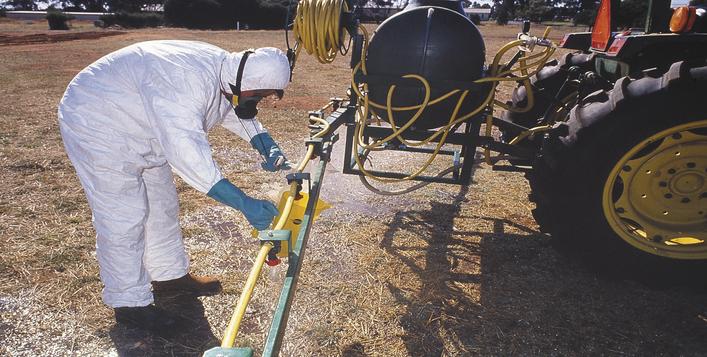
SafeWork NSW Small Business Rebate
If you are a small business owner in NSW, this rebate will help you purchase safety items to improve work health and safety for you and your workers.
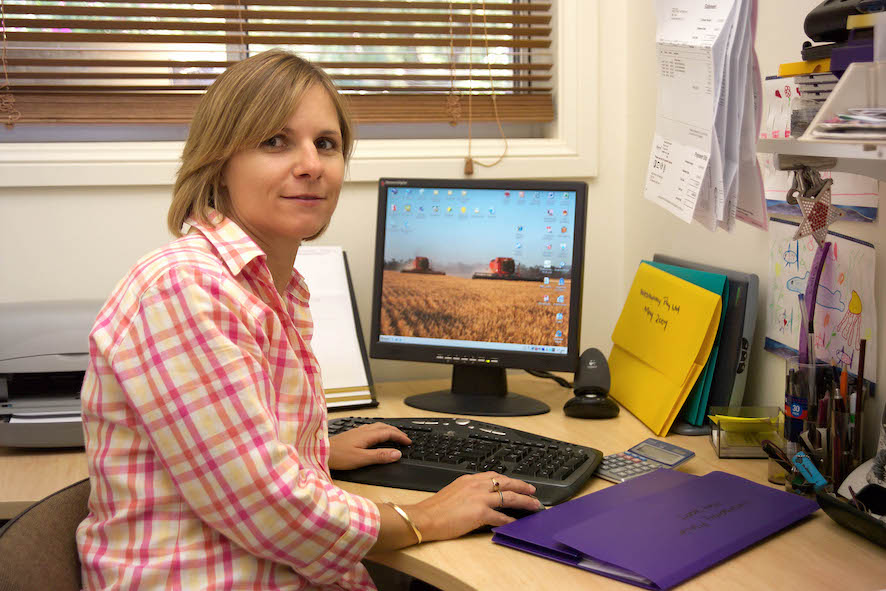
Work Health and Safety Toolkit for Farmers
The Young Farmer Business Program has developed a range of videos, factsheets and customisable templates to assist you in getting started with WHS management in your business.
